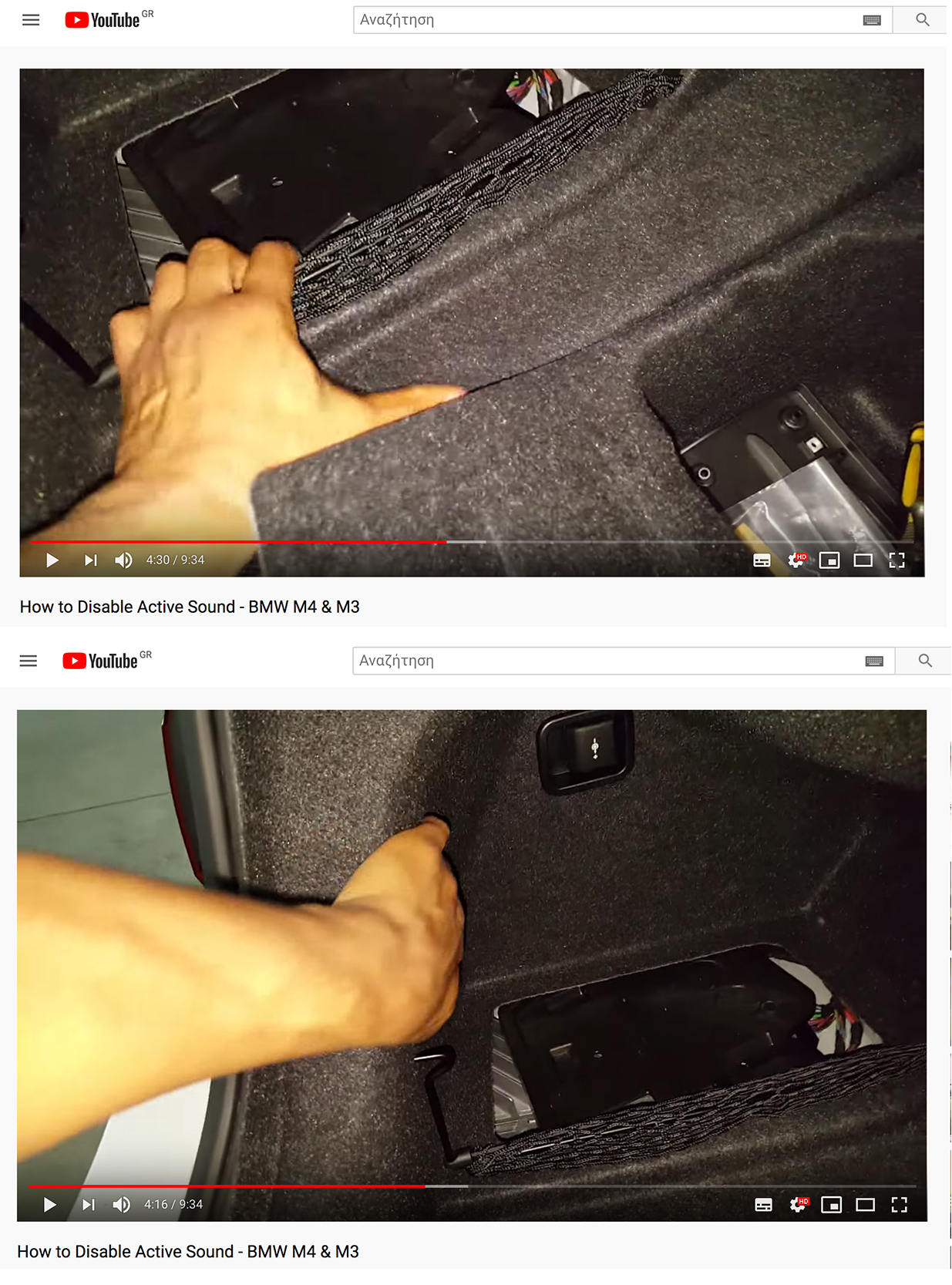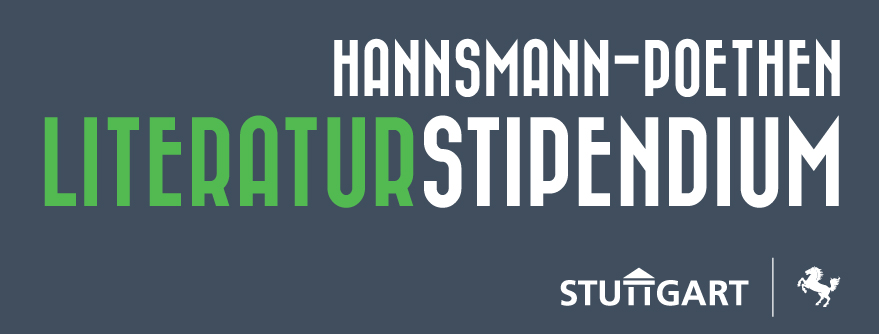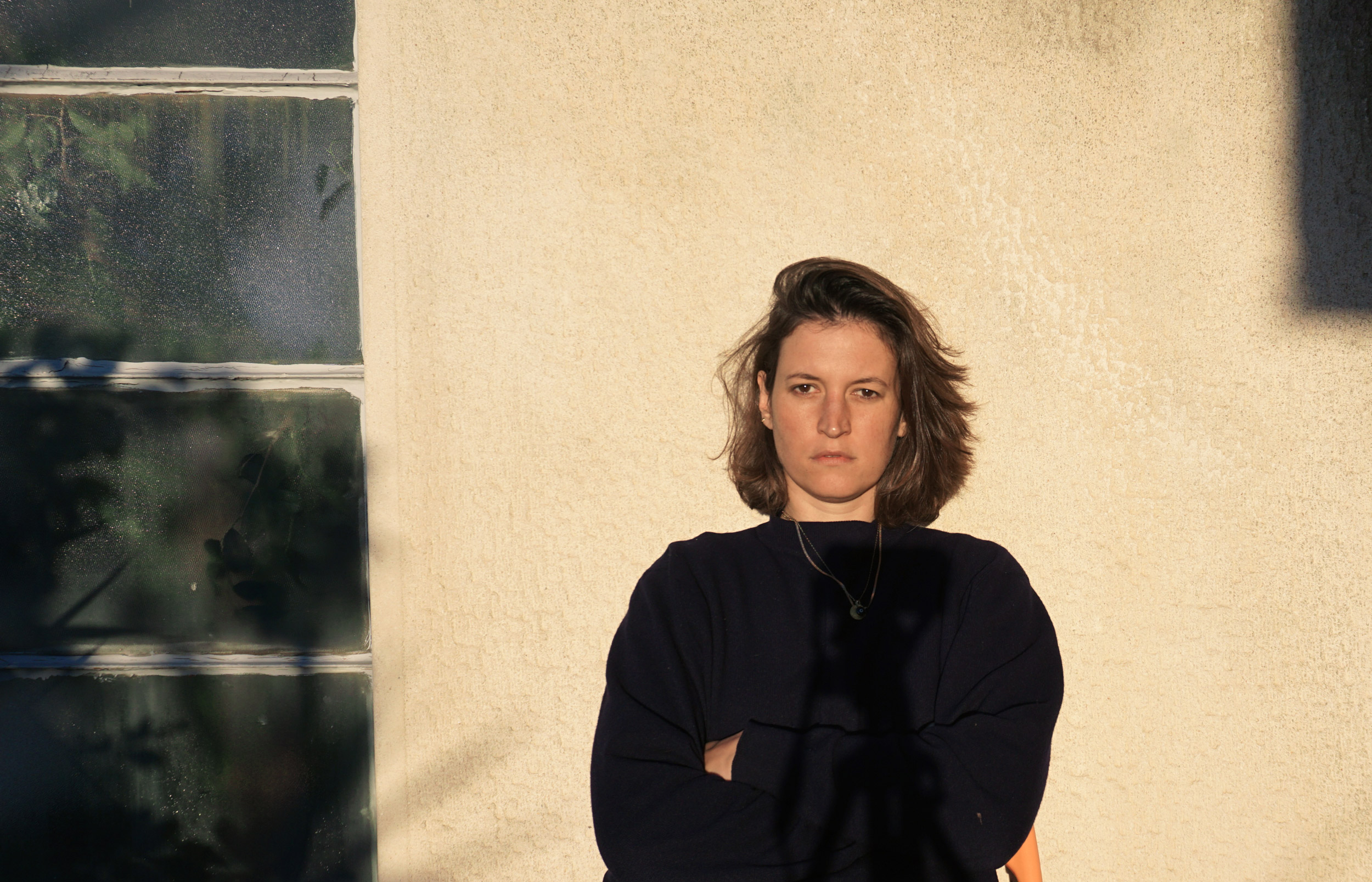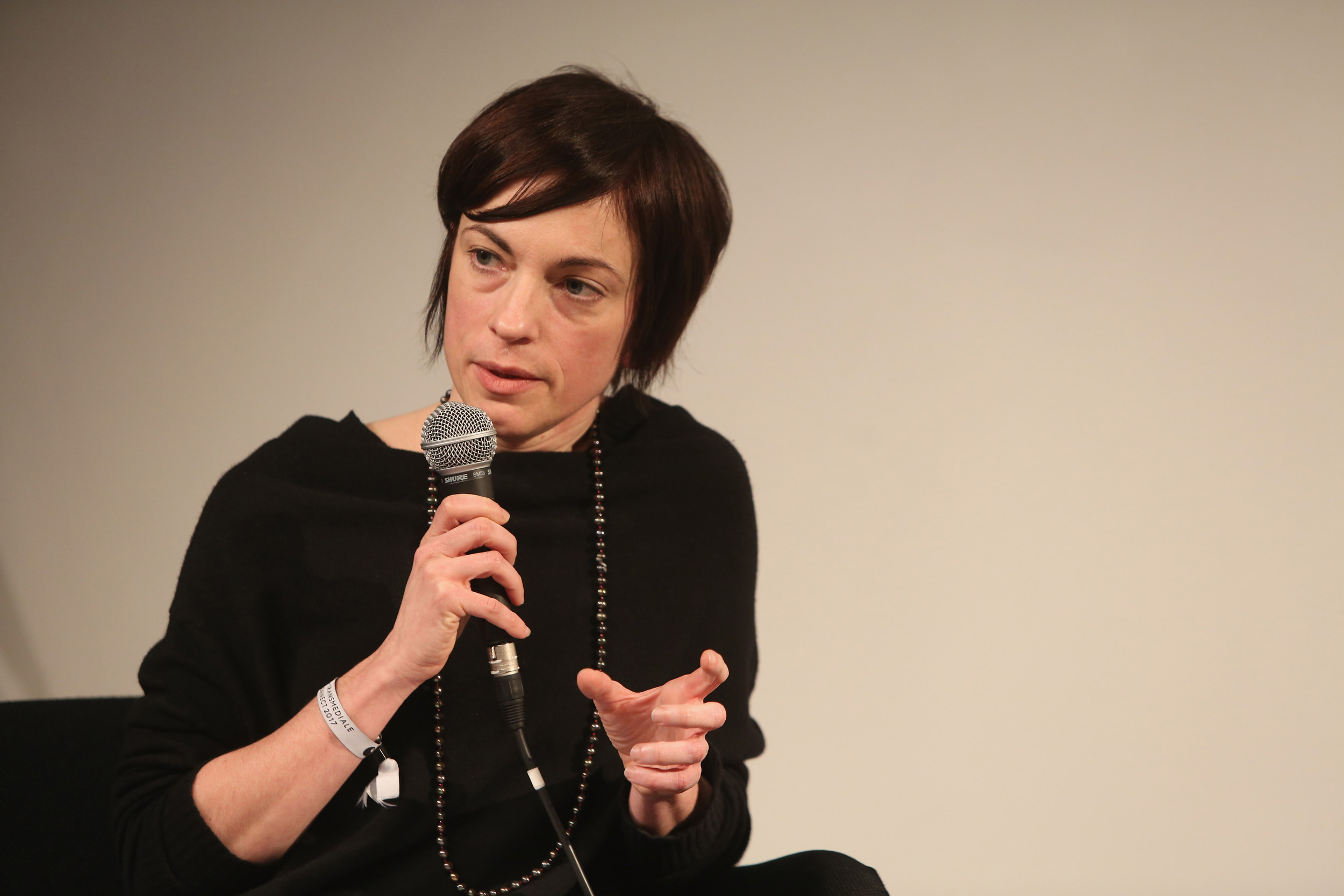Macho Sounds / Gender Noise
How do the sounds of cars influence constructions and perceptions of gender? Will the voice of the car of the future be female and what does that mean? Macho Sounds / Gender Noise by Sofia Dona and Daphne Dragona approaches the car as an example of a powerful machine and patriarchal technology, examines its manifestations in the past and its projections into the future. Human imitations of car engines, voices of virtual assistants, machine-written texts and kinetic sculptures come together to form an individual installation that reveals and discusses the gendering of the car on a symbolic and material level.
A project by Sofia Dona & Daphne Dragona
Contributors: Anna Pangalou, Lukas Rehm, Matthias Fritsch, Lazaridis Studio
The project was developed within the framework of the Hannsmann-Poethen literary scholarship
the state capital Stuttgart, the Sofia Dona and Daphne Dragona 2020 have received.
Installation
July 21 – 26.
Macho Sounds / Gender Noise is a project by DIE IRRITIERTE STADT in cooperation with the Staatsgalerie Stuttgart

Mehr Informationen
The project Macho Sounds / Gender Noise investigates how the current perception of gender is influenced by specially constructed sounds, as they are now found in many technologies, especially in the car industry. Macho Sounds / Gender Noise therefore focuses on the conventional cars of the present, on electric cars and the cars of the future. Using artistic means, the project discusses how vehicles that would actually be “silent” or sound neutral use “fake” engine sounds to manipulate the feeling for acceleration and power, or how artificial voices in navigation systems are by default female to assist and please a driver.
From the very beginning, the car was understood as a machine with female characteristics, as an object/body that is not only to be driven, but to be owned and controlled. Thus, a gender-specific iconography was developed in which women are understood as objects. However, a great history of feminist resistance developed in parallel.
Against this background, Macho Sounds / Gender Noise deals with the effects of patriarchal technologies and their impact on the construction of gender classifications and raises a number of questions from a feminist and queer perspective: Will the “voice” of the car of the future be female and what would that mean? What does the car – as a powerful machine – stand for in times of economic, social and climate crisis? How can the stereotypes and prejudices reproduced by technologies be countered? Which vehicles could transport us to unregulated and “noisy” places and worlds beyond binary systems, hierarchies and categorizations?
Macho Sounds / Gender Noise is designed as an audiovisual installation combining video and sound as well as kinetic elements. The themes are literature about cars, queer and feminist approaches in the technological field and relevant field research in the city of Stuttgart. “Motor voices”, artificial voices, human and automatically generated texts are brought together to reveal and discuss the gendering of technologies on a symbolic and material level.
The project was developed within the framework of the Hannsmann-Poethen-Literaturstipendium 2020.


Sofia Dona
is an artist and architect. She was awarded the Architecture Prize of the City of Munich in 2018 and the Fulbright Scholarship for Greek artists in 2015. She has exhibited in the Kunstpavillon in Innsbruck (2019), IMAC in Tijuana (2019), Lothringer13 Halle in Munich (2018), Neue Gesellschaft für bildende Kunst in Berlin (2017), Art Athina (2015) and the National Museum of Contemporary Art in Athens (2013). In 2016 Sofia Dona was a resident of the New Museum’s Ideas City of Athens project. She has co-curated projects such as the queer-feminist festival “Aphrodite” (Athens & Epidaurus Festival 2018 and 2019) and the project “Enjoy your state of emergency”: Art and activist strategies in times of crisis in Berlin (nGbK 2014). She has contributed with essays in various magazines such as the “Finnish Architectural Review”, “StadtBauwelt” and the magazine “Quartz” and was co-editor of the book “Porous City. From Metaphor to Urban Agenda!” (Birkhäuser, March 2018). Sofia Dona lives in Munich and Athens.

Daphne Dragona
is a curator and writer. She received her doctorate from the Faculty of Communication and Media Studies at the University of Athens. In her work she deals with artistic practices, methods and pedagogical approaches that challenge contemporary forms of power. Her texts have been published in various books, journals, magazines and exhibition catalogues, including Springer, Sternberg Press and Leonardo Electronic Almanac. She has lectured at the Mapping Festival (Geneva), MoMa (New York), HeK (Basel), Arts in Society (London) and Leuphana University (Lüneburg). Daphne Dragona was also conference curator of the transmediale festival in Berlin from 2015 to 2019 and has worked with several art institutions in various countries. Her most recent projects include “Engineering Care” (Akademie Schloss Solitude & ZKM, Schloss Post, 2019), “Counting Craters on the Moon”, solo exhibition by Kyriaki Goni (Aksioma, Ljubljana 2019) and “Tomorrows, Fictions spéculatives pour l’avenir méditerranéen” (Le Lieu unique, Nantes, 2019). Daphne Dragona lives in Berlin.
 © Adam-Berry
© Adam-Berry